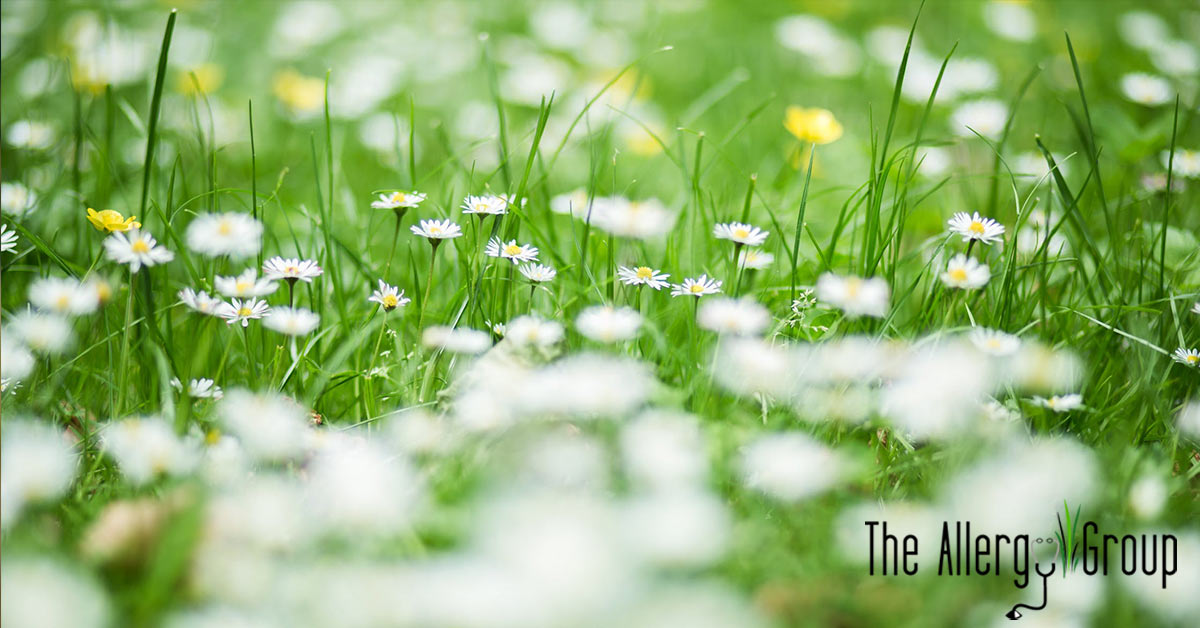
What are the Common Weed Pollen Allergies During Idaho Summers?
Cannot stop sneezing this summer? Chances are, you are experiencing a pollen allergy. Pollen is a fine powder that most plants use to fertilize and reproduce—and it is also one of the most common culprits of allergic reactions in the United States.
Common Weed Pollen Allergies in Idaho
There are as many different types of pollen as there are different types of plants that produce it—including trees, weeds, and even grass—and finding out which kinds of pollen you're allergic to can be a tricky task. While some people experience pollen allergies year-round in Idaho, if you only suffer from stuffy noses during the spring, summer, or fall, you likely have a seasonal allergy.
If your allergy symptoms are particularly miserable during the summer in Idaho, pollen from a weed is likely the culprit. Weeds tend to be overachievers when it comes to pollen production—a single ragweed plant can produce roughly a billion grains of pollen in a single season. This summer, the following weeds are producing pollen in Idaho:
- Aster
- Chenopods
- Grass
- Pigweed
- Plantain
- Ragweed
- Sagebrush
- Sheep Sorrel
- Sunflower
- Wild Carrot
Symptoms of Weed Pollen Allergies
Most pollen allergies can be identified by one or more of the following symptoms:
- Sneezing
- Stuffy nose
- Runny nose
- Sinus pressure
- Itchy or watery eyes
- Swelling beneath the eyes
- Scratchy or sore throat
- Cough
- Decreased sense of taste or smell
- Increased asthmatic reactions
You likely suffer from a specific set of symptoms determined by the type of pollen you are allergic to. Try to identify what symptoms you experience—and to what degree of intensity—to better decide on potential treatment options.
Pollen Allergy Treatment Options
You should not have to suffer in silence with your summer allergies. Here are four simple treatment options you can try to help alleviate your symptoms:
1. Minimize Exposure
Perhaps the simplest way to treat your allergy symptoms is to limit your exposure to the allergen itself. Pollen can be very difficult to avoid, but doing simple things like staying indoors on windy days or keeping your windows closed can go far in helping keep your symptoms at bay.
2. Home Remedies
There is a number of things you can do at home to try to minimize your symptoms, both directly and indirectly. You can try flushing the pollen from your nose with a Neti pot, investing in a dehumidifier, or even just making an effort to immediately remove and wash all clothes that have been worn outside. Do some research and see what safe home remedies you would be willing to try.
3. Over-the-Counter Medications
As far as over-the-counter medications go, you will want to be looking for the following:
- Antihistamines (e.g., Zyrtec or Benadryl)
- Decongestants (e.g., Sudafed or Afrin Nasal Spray)
- Antihistamine/Decongestant Combinations (e.g., Actifed or Claritin-D)
4. Allergy Shots
Finally, allergy shots are going to be your best bet at alleviating your allergy symptoms long-term. You will receive several rounds of injections of the allergen—i.e., the pollen you're allergic to—which will modify your immune system's response to that kind of pollen in the future, thereby reducing the severity of your symptoms. Within one to three years after starting your allergy shots, you may even experience total relief from your pollen allergies.
Make an Appointment at The Allergy Group
Looking for more information? Visit our website to schedule an appointment with an allergist to learn if allergy shots are right for you. Our expertise in allergies makes us the perfect provider to help manage your seasonal allergies. We can test for your allergic triggers as well as provide information on prevention and prescribe treatments. This intervention can help improve your health and quality of life.

